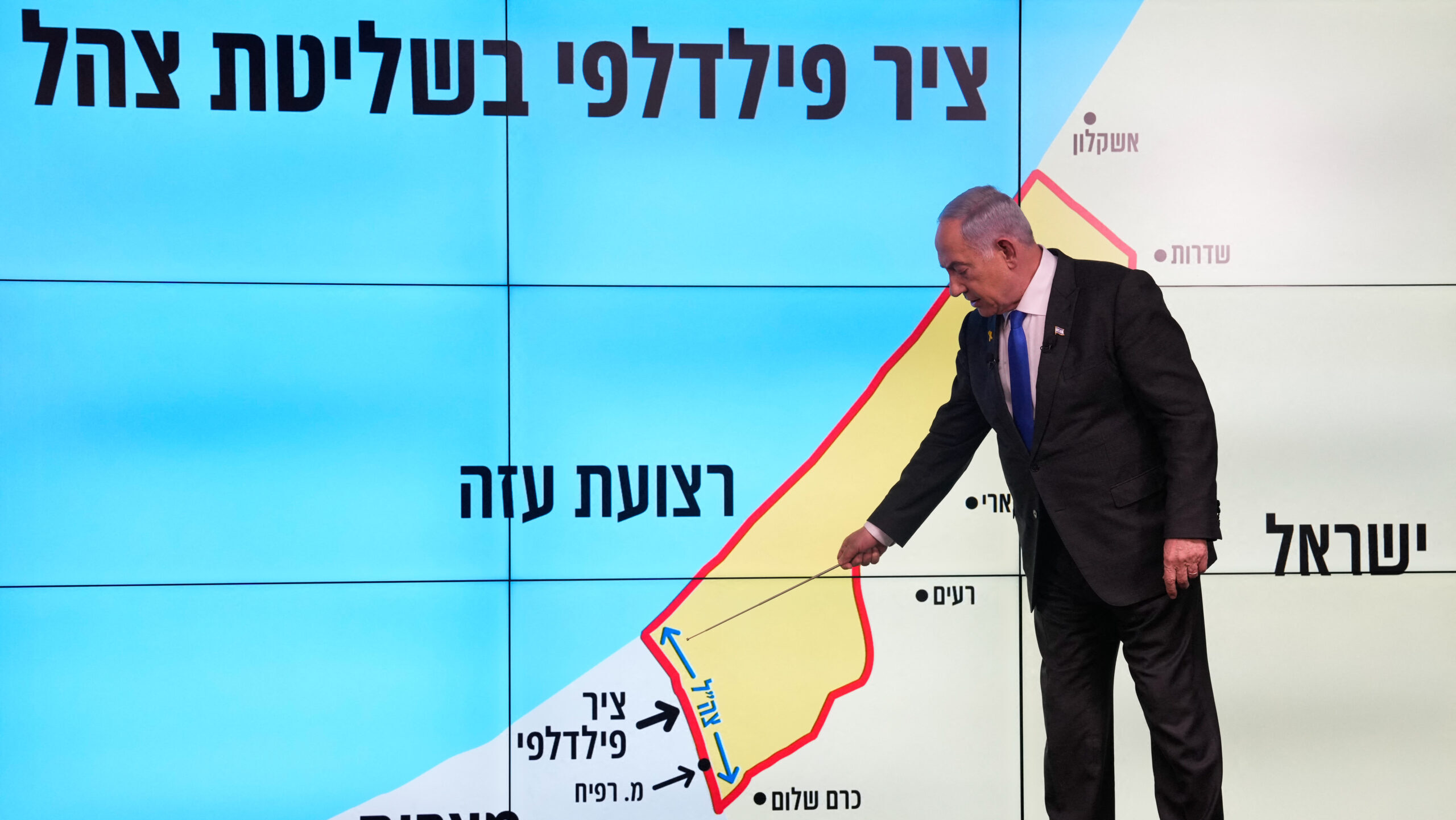What’s Behind Netanyahu’s Insistence on the Philadelphi Corridor?
Maariv, Israel, September 6
Maintaining Israeli presence along the Philadelphi Corridor is detrimental to Israel on military, moral, and international fronts. Militarily, a defensive posture in a confined space with no clear objectives or timelines transforms IDF troops into easy targets for terrorism and violence. This static situation renders soldiers vulnerable, much like sitting ducks. Consider the scenario in the Gaza Strip before 2005: IDF forces and civilians endured relentless attacks, including shootings, rockets, anti-tank missiles, and improvised explosive devices. Thirteen soldiers died in the APC disaster, and five more perished in an explosive tunnel incident. The grim images from the Philadelphi Corridor remain etched in collective memory. From a moral standpoint, staying in the Philadelphi Corridor, against the recommendations of all security experts involved in negotiations, equates to abandoning captured soldiers. This is a fundamental breach of the social contract between the state and its citizens, and it will strain the alliance with the United States and hinder efforts to forge a regional coalition capable of opposing Iran and its proxies. What, then, is the alternative? There exists a viable and well-known option, one that Prime Minister Benjamin Netanyahu is aware of. This plan entails deploying a Palestinian force, supported by Arab nations and the international community, and supervised by both Israel and Egypt at the Philadelphi Corridor and the Rafah crossing. Furthermore, it includes collaborating with Egypt to construct an underground barrier to prevent tunnel smuggling, similar to successful efforts on Gaza’s eastern border. Egypt, Israel, and the U.S. have promoted these ideas for months but face persistent resistance from Netanyahu. Netanyahu’s focus and insistence on the Philadelphi Corridor serve as a smokescreen, diverting attention from the broader issue: the future landscape post-conflict. Netanyahu envisions the full occupation of Gaza, as he has indicated, potentially extending for the next 42 years. His vision for Israelis involves direct control over more than 2 million Palestinians and the annexation and settlement of both Gaza and the West Bank. This is the reality behind his fixation on minor tactical issues like the Netzarim Corridor and the Philadelphi Corridor, and his reluctance to support an alternative governance system to Hamas or engage in any initiative for a stable regional settlement. Netanyahu appears to be committed to a perpetual state of conflict in Gaza and the West Bank. Such a scenario is nothing short of nightmarish. Israel stands at a critical juncture, faced with two starkly divergent paths. All moderate forces committed to the downfall of Hamas and the establishment of long-term security must unite to end this protracted conflict and work towards a regional political order that averts further descent into chaos. The time for decisive action is now. —Lt. Col. (res.) Dr. Omer Zanany (translated by Asaf Zilberfarb)
This holiday season, give to:
Truth and understanding
The Media Line's intrepid correspondents are in Israel, Gaza, Lebanon, Syria and Pakistan providing first-person reporting.
They all said they cover it.
We see it.
We report with just one agenda: the truth.



